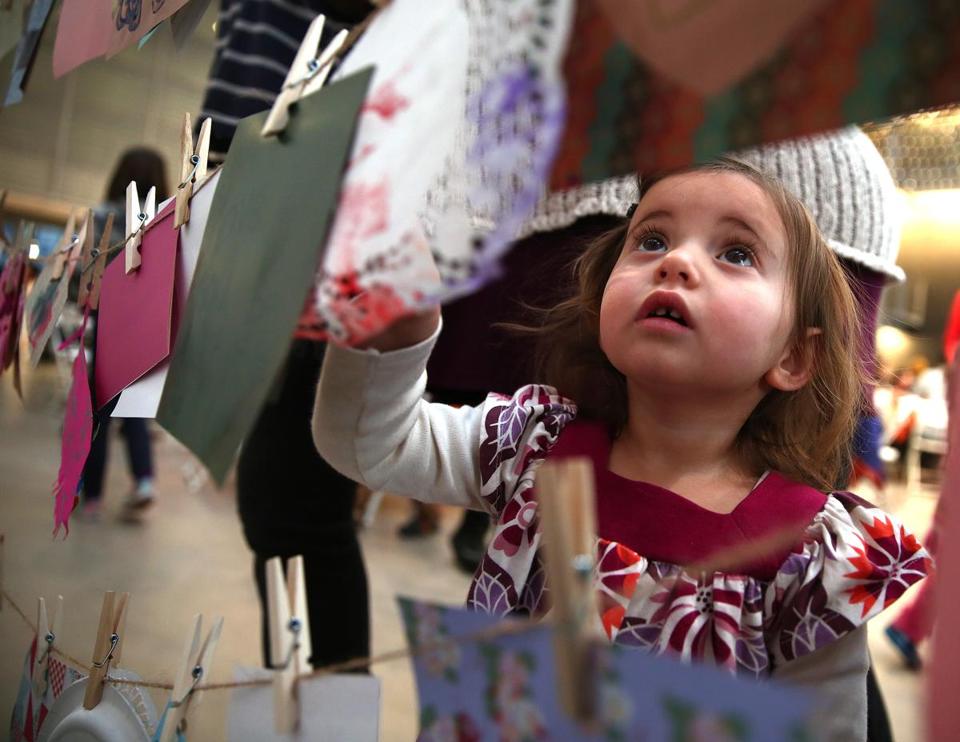Late last year, a Staten Island woman and her toddler were attacked by a pedestrian who punched her in the face, pulled on her scarf, asked her why she was in America, and called all Muslims and Arabs terrorists. One week later in Seattle, Wash., two American citizens of Somali descent were physically attacked at a gas station. The female assailant called them suicide bombers, terrorists and told them to go back to their country.
She then slammed the door on the leg of one of the women, kicked her and pulled off her headscarf. After the attack, one victim was afraid to leave her house because her Muslim headscarf could invite further violence.
Immediately after 9/11, anti-Muslim prejudice was manifested most prominently as racial profiling, with Muslim men being the primary targets. The failure to effectively combat it has emboldened bigots into more open expressions of hatred directed at those regarded as most vulnerable: women.
Since the Ground Zero mosque controversy in 2010, Muslim women have increasingly reported being attacked in public or threats of such.
A month after the Staten Island attack, a Muslim woman wearing the headscarf in Columbus, Ohio was stalked, verbally harassed and then pepper-sprayed by a man shouting religious and ethnic slurs such as, “Tell all of your Muslims that this is not your country,” “Go back to wherever you came from” and threatening, “I will kill you.” That same week, on Dec. 23, 2010, a man in Twin Falls, Idaho, physically harassed a headscarved Muslim woman and her two children.
A few weeks later, a woman convert to Islam received threats and intimidation by a neighbor. The reported verbal threats included, “I’m going to kill you” and “I’m going to shoot your dog and [rape you] while you pray with your head on the ground.” The neighbor physically intimidated the Muslim woman by shoving her against a wall, monitoring her with binoculars and attempting to unlawfully enter her apartment — common acts of intimidation against women living alone.
Unfortunately, these cases are just a few of many where Muslim women, especially those wearing a headscarf, are victims of violence by some Americans determined to violently expel Muslims from the country.
Growing anti-Muslim bias in America is no secret. Over the past few years, numerous reports have exposed concerted anti-Muslim campaigns that mobilize people to hate their Muslim compatriots. For example, the Center for American Progress meticulously documents seven foundations spending over $40 million to fund anti-Muslim propaganda that has been widely repeated by political leaders, grassroots groups and the media. The Southern Poverty Law Center, an expert on hate groups in America, also reports the apparent surge in anti-Muslim sentiment in America is driven by a small, closely knit cadre of activists. The hate generated by these professional anti-Muslim bigots often leads to violence.
Against this backdrop, Muslim women in America wearing a headscarf have become both visible and vulnerable targets. But their voices and experiences are glaringly unrepresented in the discourse and policies addressing anti-Muslim bigotry. Contrary to popular belief, the biggest threat to Muslin women is no longer limited to domestic violence in the home but rather unprovoked attacks in public places by bigoted strangers. To many, the Muslim woman’s headscarf marks her as a terrorist or co-conspirator to terrorism. Meanwhile, her gender marks her as easy prey to cowardly acts by those who seek to violate her body and personal dignity.
Only when a Muslim woman is victimized by her male family member, thereby fitting the stereotype of Muslim men as violent savages, do her gender rights receive attention. But in a post-9/11 world, her physical safety is threatened right here in America by segments of the public increasingly distrustful of Muslims. Yet the silence of American women’s rights groups is deafening.
No longer can defending Muslim women’s rights be defined by clichés of the oppressed Muslim woman in Muslim majority countries victimized by her barbaric Muslim husband. Public acts of violence, and threats of more, warrant the attention of government officials, women’s rights advocates and all Americans concerned with violence against women.
American women’s rights advocates should be working alongside American Muslim women to secure all women’s rights to be free from physical attack, both at home and in public. Similarly, programs aimed at preventing hate crimes, violence against women, and discrimination against Muslims should address the unique forms of discrimination faced by Muslim women in America — both as Muslims and as women.
Only when we all, men and women alike, can express our viewpoints and practice our faiths without fear of physical violence can we honestly declare this a nation of tolerance and freedom.
Sahar Aziz is an associate professor of law at Texas Wesleyan University School of Law and a legal fellow at the Institute for Social Policy and Understanding. She is the author of a forthcoming law review article From the Oppressed to the Terrorist: American Muslim Women Caught in the Crosshairs of Intersectionality that addresses Muslim women’s rights. This article was originally published on The Huffington Post.




